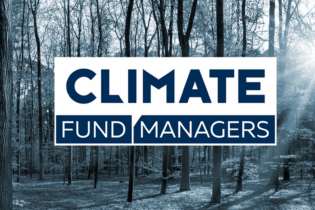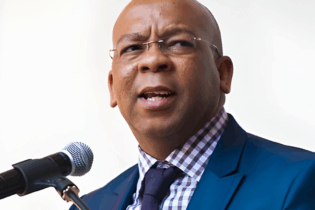Many businesses and individuals are aware of the importance of reducing their energy consumption; doing so offers benefits for the environment and a decrease in one’s utility bill.
However, one of the biggest barriers to the wider adoption of energy-efficient technology is the capital outlay required to purchase, install, and maintain these systems. This is according to Barry Bredenkamp, General Manager, Energy Efficiency & Corporate Communications at the South African National Energy Development Institute (SANEDI). Bredenkamp reports that a possible solution lies in the procurement of energy efficiency as a service provider, rather than financing the procurement of state-of-the-art energy efficiency technologies on the company’s balance sheet, which are constantly evolving and improving. “Especially in today’s uncertain times, it is understandable that many people are wary of investing their hard-earned capital into technology that may have an extended payback period and where the technology may evolve far quicker than the actual investment period and constantly require new skills in the workforce to maintain and operate these new technologies. They may also not consider energy efficiency as an immediate priority,” says Bredenkamp. However, considering South Africa’s contribution to the world’s greenhouse gas (GHG) emissions, becoming more energy efficient is indeed becoming very urgent. “Our reliance on coal means that our country is contributing to climate change at a rate disproportionate to the size of our economy. We must all prioritise the reduction of our electricity use,” adds Bredenkamp.He explains that there is a trend in many countries to move to the procuring of energy efficiency services based on Energy Performance Contracts (EPcS), as opposed to purchasing and maintaining the technologies in-house. Interest in this solution is growing in South Africa and presents an opportunity for facilities to ‘go green’ without big upfront investments of scarce capital.
Bredenkamp explains how this works: “Basically, an Energy Services Company – or ‘ESCo’ – sources the financial backing to fund their client’s energy efficiency project. The ESCo purchases the equipment installs and operates it as a service to the client. The client benefits from the energy and environmental savings, and there is an agreement to amortise the costs of the technology and share the savings accrued, based on the performance of the technologies installed and operated on behalf of the client. The client does not have to invest in the technology upgrades, yet still receives the financial, environmental, and energy savings resulting from such a project. Additionally, it leaves companies with the freedom to focus on their core business, entrusting their energy efficiency initiatives to professionals in the industry.” After an agreed number of years, the client then takes full ownership of the assets and continues to reap 100% of the savings, if they so desire. With the rapid pace of technological advancement, Bredenkamp elaborates on a key advantage: “Energy-efficient products are constantly evolving, and your everyday consumer is unlikely to keep up with the pace of change. In this service-based business model, the ESCo is incentivised to use the most efficient products available, even if it means retrofitting an existing installation within the contract period to maximise the savings potential.” This business model has great potential in South Africa. While increasing electricity tariffs means that investing in energy-efficient technology would see a shorter ROI, it may still be too much to expect businesses to prioritise this spending in today’s economic climate. “The service-based business model makes energy efficiency projects more accessible, while also providing business growth opportunities to local ESCos – a market which could create many employment opportunities if it were to be further developed,” concludes Bredenkamp.







